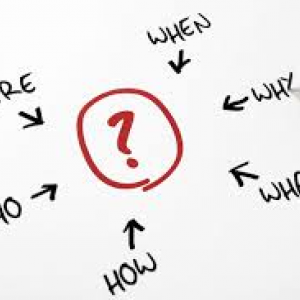The concept of soft skills is not a new one. Soft skills include things like understanding how to be a team player, knowing when to be flexible, understanding how to effectively communicate, being accepting of feedback, having confidence and creative thinking. Additional skills such as showing empathy, remaining optimistic, and becoming highly self-aware are vital to the health of any individual and especially to an organization. These things all fall under the broader definition of Emotional Intelligence.
Soft skills are often scoffed at in business. We may appreciate the soft skills but we celebrate hard strengths such as sales, conversions and other actionable items rather than recognizing the intrinsic humanness of our people. It can be challenging to break away from the strength worship long enough to recognize the value in these perceived soft traits. This is what soft skills are all about. And more and more companies are coming to the understanding that having these skills is essential to growth and the ability to gain a competitive edge.
However soft skills are not something taught in an MBA program. And for whatever reason–too numerous to go into here— people are not always naturally equipped with them. So the challenge now lies in finding a program that allows your leaders to learn and capitalize fast on their soft skills. Here are a few tips for introducing your people to these valuable tools in a way that will be productive for all involved.
A Careful Introduction
Avoid corralling your entire team together in one room and preaching at them about how rude and emotionally ignorant they are. Instead, introduce the concept with an informal and fun workshop in small groups.
Get Everyone on the Same Page
When deciding to implement a soft skills training program, include as many people in the initial decision-making as possible. People support what they help create. Engaging them and giving them responsibility can ensure the program’s success.
Bring in an Expert
A professional coach or consultant is the perfect medium for delivering objective information and training on what can often be a touchy subject. Soft skills are often something everyone feels they already have. For a peer or manager to point out a lack in this area can create tension and hard feelings. An outsider is a much better option.
Your business is your people. If soft skills development is a priority, your team can begin to function on a new level by letting the human aspect of the individuals shine through. When evaluating areas of improvement for your organization, don’t overlook the value that can be added through careful and sensitive soft skills training.





